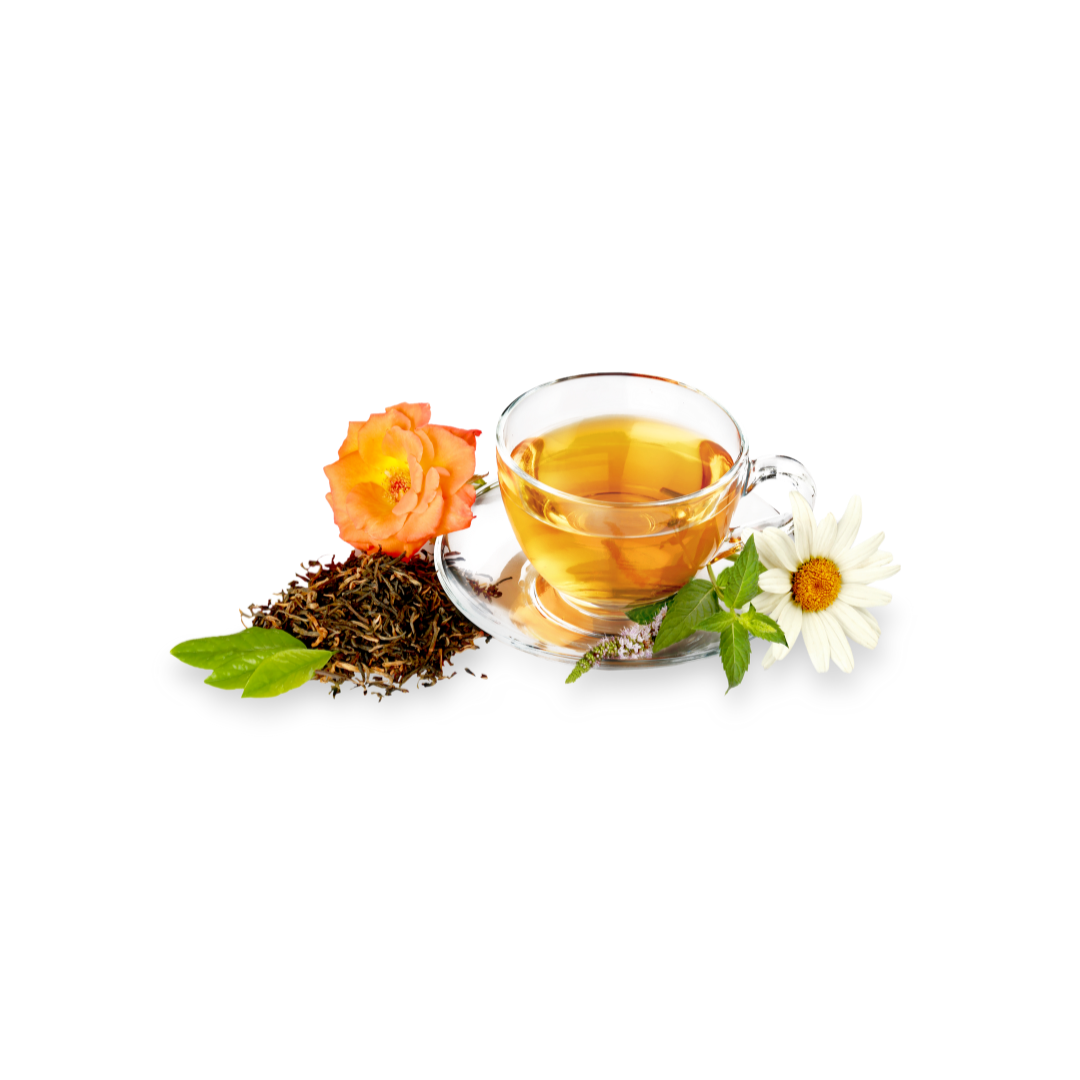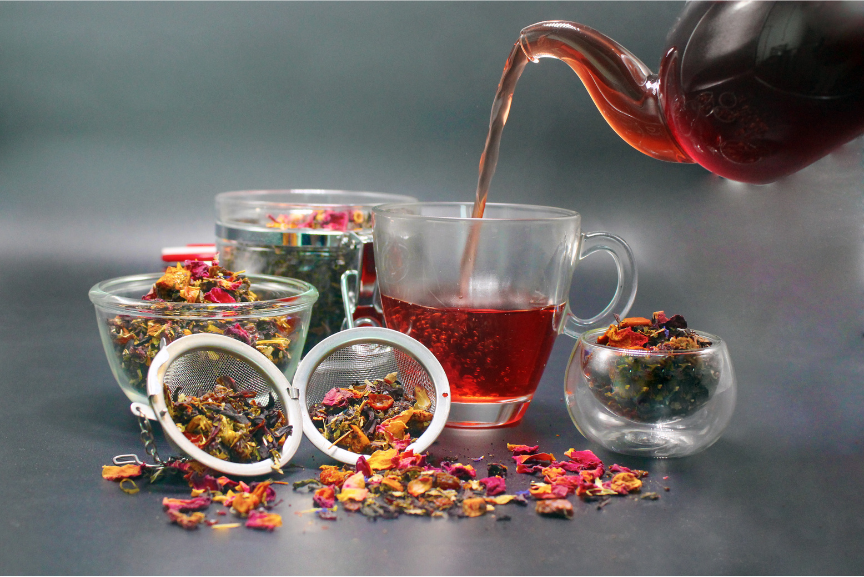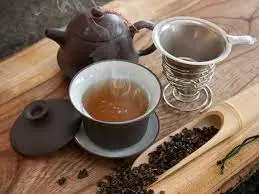Enhances Mental Alertness
Awaken Your Mind: Tea's Role in Enhancing Mental Alertness

Tea is good for people facing depression in life. It can elevate mood and keep them happy. A stressed environment and life challenges can make one feel drawn and suffer depression. Tea can come as a rescue by improving mood and making people feel good about themselves.
Mood swings, feelings of depression, and menstrual cramps are the worst things women experience every month. Including chamomile tea in your diet, especially in those four days, can help women perform better at work. Women face a lot during the menstruation phase. A sip of spearmint tea can help ease the cramps, pain, and mood swings. Women can live a happy life during those troublesome days.




Various studies have found spearmint tea effective in reducing stress and preventing anxiety. Spearmint has properties of menthol that refresh the senses and rejuvenate the body. Some studies have also found that spearmint tea stimulates the GABA receptors in the brain that help prevent stress.
Some studies have found peppermint tea effective in refreshing the mind and keeping it focused for hours-long study or work. A cup of peppermint tea can relax tensed muscles and rejuvenate for outstanding work performance. Masala tea contains a moderate level of caffeine that keeps the mind alert and prevents age-related cognitive decline.


Cannabis relaxes the muscles and helps inducing sleep. People consuming cannabis tea may feel more relaxed and at rest, even in stressful moments. Regularly consuming cannabis tea can be a way of relaxing and finding inner peace, which is important to have a good night's sleep.

Green tea contains L-theanine – a type of amino acid that helps reduce signs of stress and anxiety. It helps you relax and be productive at work. The level of L-theanine found in green tea is much higher than found in black tea, white tea, and oolong tea. Various studies have found that consuming 200-400 milligrams of green tea regularly can help fight symptoms of depression and anxiety and improve sleep.

Cognitive decline is a common problem among the elderly. As we age, we become more prone to cognitive disorders such as Parkinson’s and Alzheimer’s. In several studies, green tea has proved to be effective in preventing cognitive decline. It contains antioxidants which may help protect against cell withering and the onset of memory loss and confusion, the first sign of cognitive decline.

Green tea contains a powerful ingredient, L-theanine, that helps improve brain functioning. According to a study conducted in 2014, the consumption of green tea improved the logical reasoning, problem-solving, comprehension, and reasoning of the volunteers.
When it comes to having green tea, it is absolutely safe to have as many as eight cups of green tea. According to the Food and Drug Administration, the intake of caffeine should not exceed 400 milligrams. One cup of green tea contains about 30-50 milligrams of caffeine. Consuming more than the recommended caffeine can cause anxiety, headache, insomnia, nausea, upset stomach, and restlessness